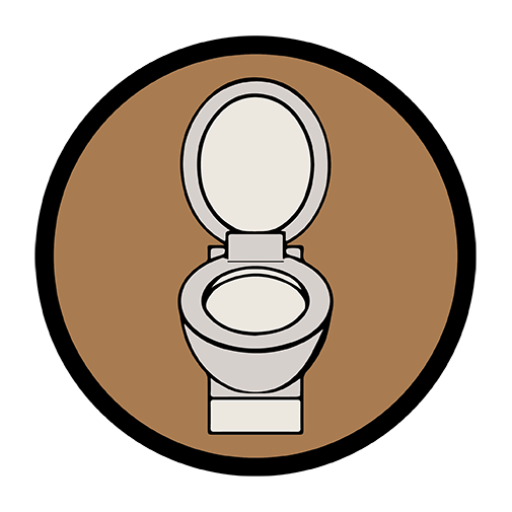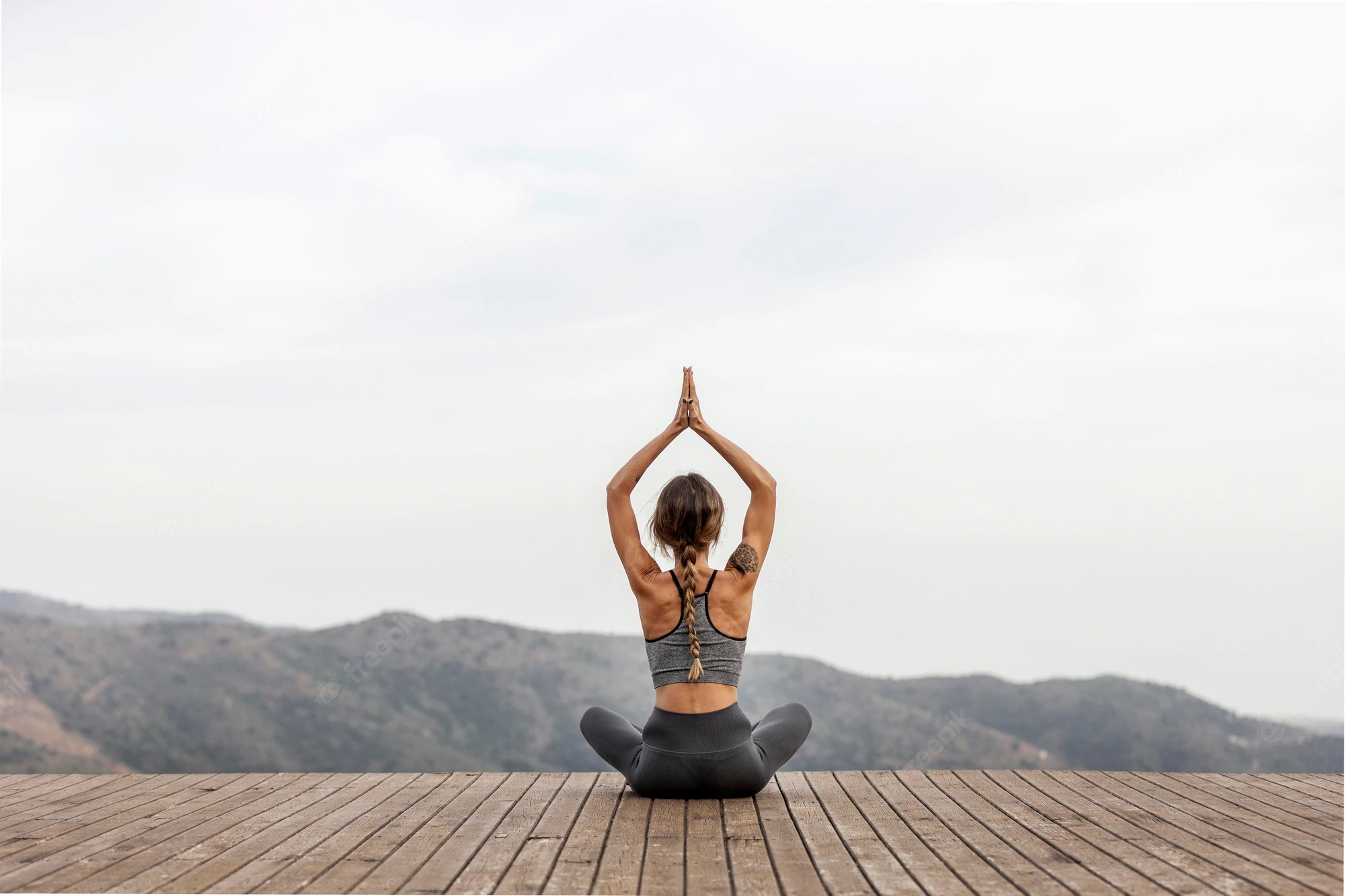Some poses can help you fart
Having too much gas can be a problem and could be both embarrassing and uncomfortable.
According to the National Institute of Diabetes and Digestive and Kidney Diseases, gas enters your gastrointestinal tract when you swallow air, and bacteria in your large intestine break down undigested carbs. The following foods are the most likely to induce gas:
- certain fruits, like apples, peaches, and pears;
- vegetables, especially broccoli, cauliflower, collard greens, and kale;
- dairy products, like milk, ice cream, and yogurt;
- whole grains, such as whole wheat;
- drinks that contain high-fructose corn syrup;
- candy, gum, or other products that contain sweeteners like sorbitol, mannitol, xylitol, erythritol, and maltitol.
Burping, and bloating, are also some of the other symptoms that may occur.
It’s important to point out that it’s normal to have some gas just like everybody poops.
However, gas is a problem when it disrupts your everyday life, you can’t control it or hold it in, and it hurts. Dr. Meisner advises examining your diet and eliminating things that are known to induce gas.
If that doesn’t make you feel better, it’s time to see a doctor. According to Dr. Kwapisz, they can perform a variety of tests to look for Celiac disease, small intestine bacterial overgrowth (SIBO), and food intolerance, among other things.
However, in addition, you can try some movements that can help you feel better once gas develops.
“In general, there have been studies that have shown that physical activity helps with intestinal gas clearance, especially in patients with bloating”, says Lukasz Kwapisz, an assistant professor of medicine, gastroenterology at Baylor College of Medicine.
Gas flows faster through your body as you move and then exits. Once you’ve developed gas, there are a few things you can do to relieve it, for example, experts recommend these poses according to this article:
Walking
“Walking makes gas pass”, says Ellen Stein, a gastroenterologist and associate professor at Rutgers Robert Wood Johnson Medical School. “It’s because of the motion and legs moving around that helps move the gas from higher up in the digestive tract into the rectum, where it can be released”.
Walking also “stimulates gastrointestinal motility”, says Randy Meisner, a gastroenterologist at Spectrum Health. It activates the muscles in your gut, which may also help with the expulsion of gas.
Laying on your side
Laying on your side is a simple exercise that you may do at home. According to Dr. Kwapisz, “We have about 15 feet of our small intestine and 3 feet of our large intestine packaged into our abdomen”, he says. “That’s a lot of turns and twists to package all of that inside of us”. As a result, poop and gas can get caught around some of the bends, he claims.
“Laying on your side helps with getting gravity on your side and changing the way our intestines are positioned within your abdominal cavity”, Dr. Kwapisz says. He suggests laying on your side for 15 minutes and moving your knees to your chest up and down a few times before flipping to the other side and repeating the process.
Squatting
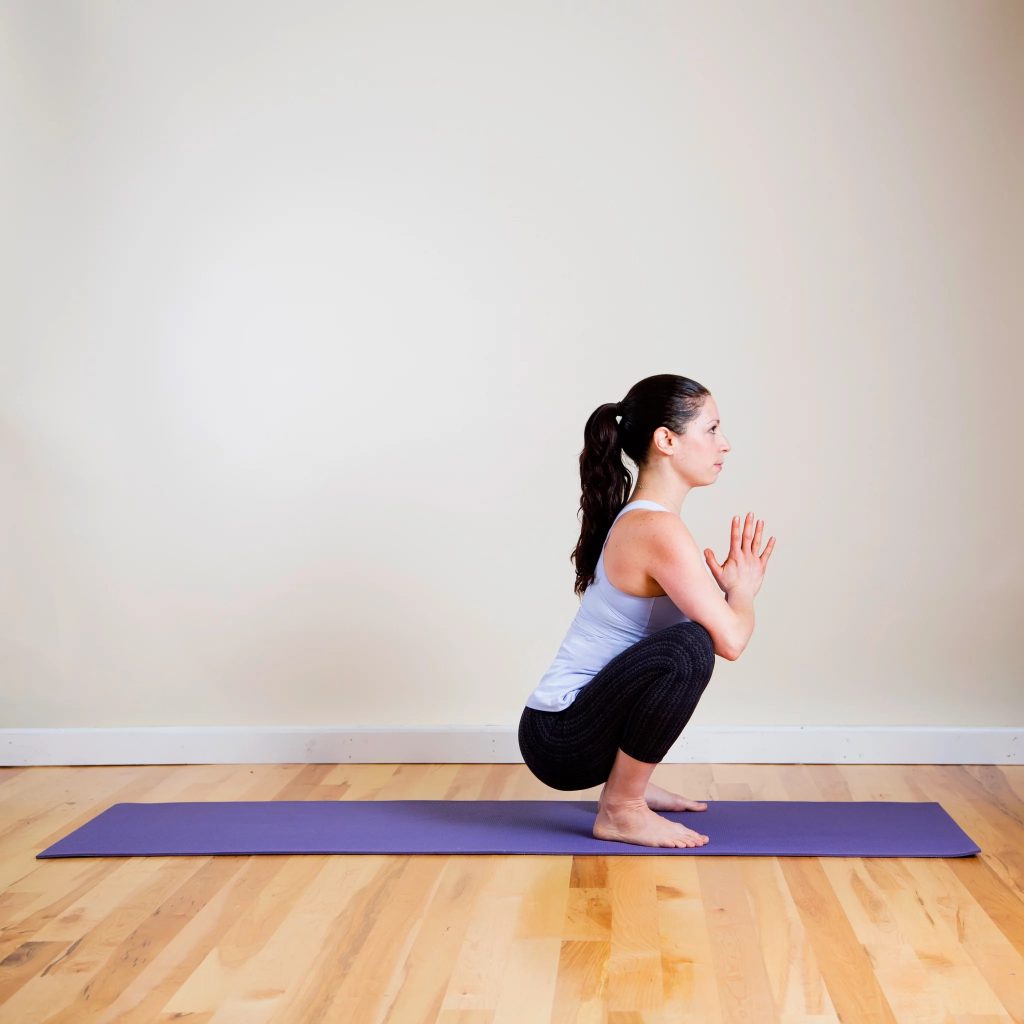
This is about the motion of moving your knees toward your chest, Dr. Meisner says. “That helps with expulsion”, he explains. This movement encourages you to poop in the way you’re intended to and can also help push gas out. “It’s relaxing your colon to its more natural positioning”, he says.
Try 15 squats at a reasonable speed and see how far you can go.
Child’s pose
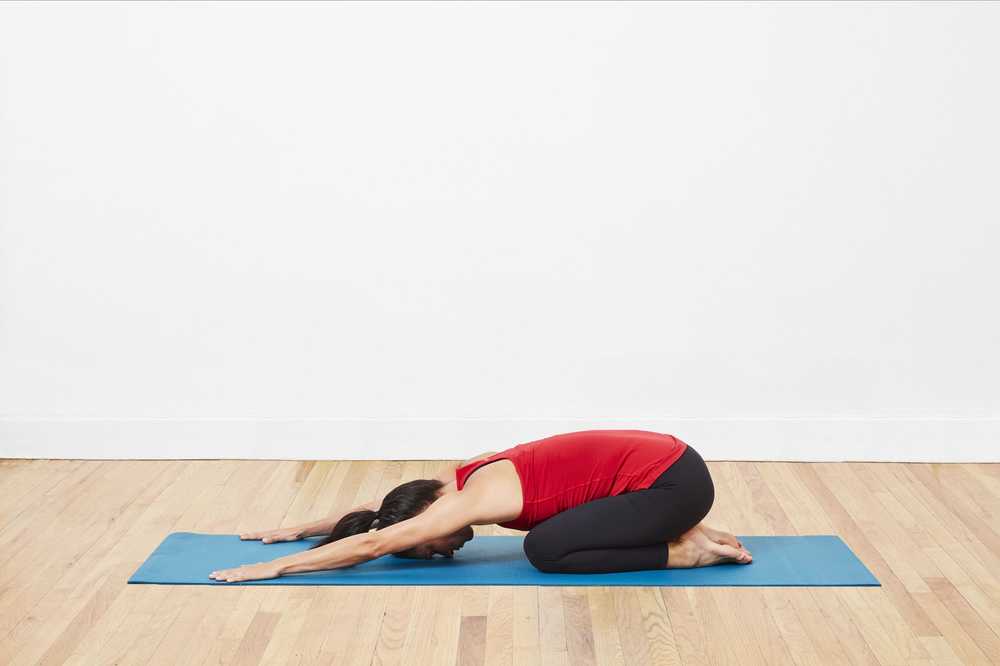
Child’s pose is a yoga stance in which you kneel on the floor with your toes together and your knees hip-width apart, bending forward so that your torso is between your knees and your arms are outstretched in front of you, in case you’re not familiar with it.
“This helps relax the pelvic floor, a network of muscles that holds everything in”, Dr. Stein says. When you fart, your pelvic floor is engaged, and relaxing can assist you to get things out. Assume a position and hold it for around 30 seconds. Then give it another shot.
Pigeon pose
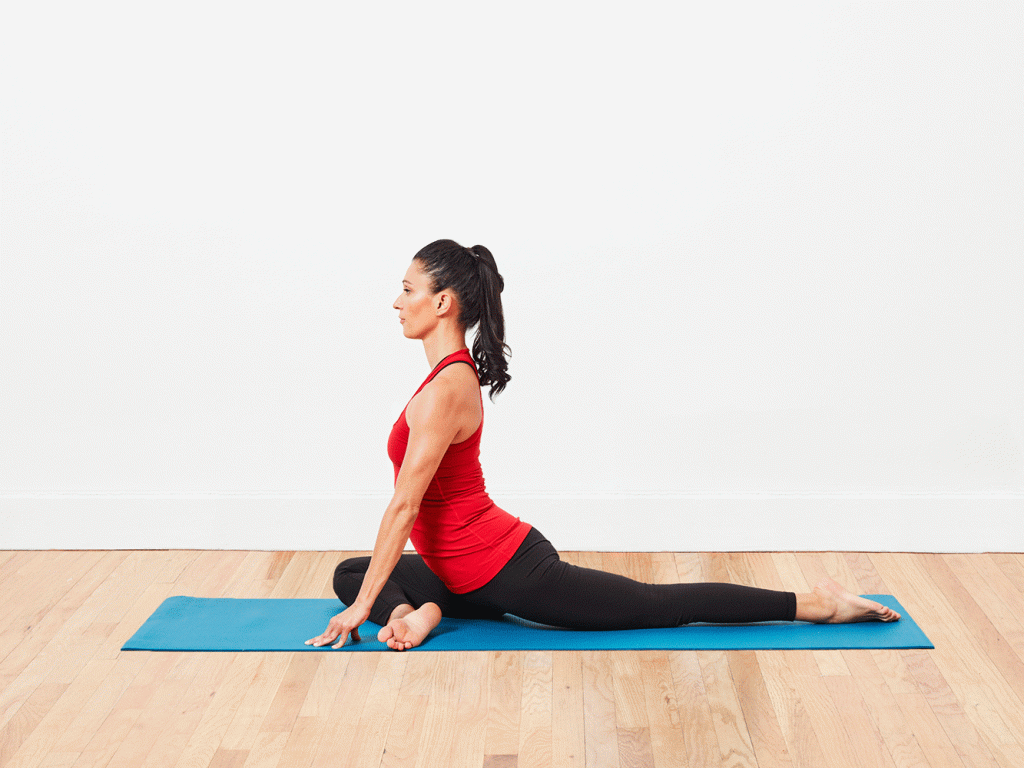
The pigeon position is a yoga stance in which you sit on the ground and bend your right leg toward your left hand. Stretch your left leg straight behind you, lowering your hips to the floor while maintaining a square hip position. Lean forward and bend your torso over your right leg if you can. Then switch sides and repeat the process on the other side.
“This also helps relax your pelvic floor”, Dr. Stein says. Finally, it aids the escape of gas from your body. To test whether it helps, try holding this pose for 30 seconds to a minute.
